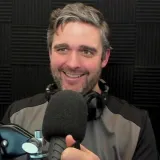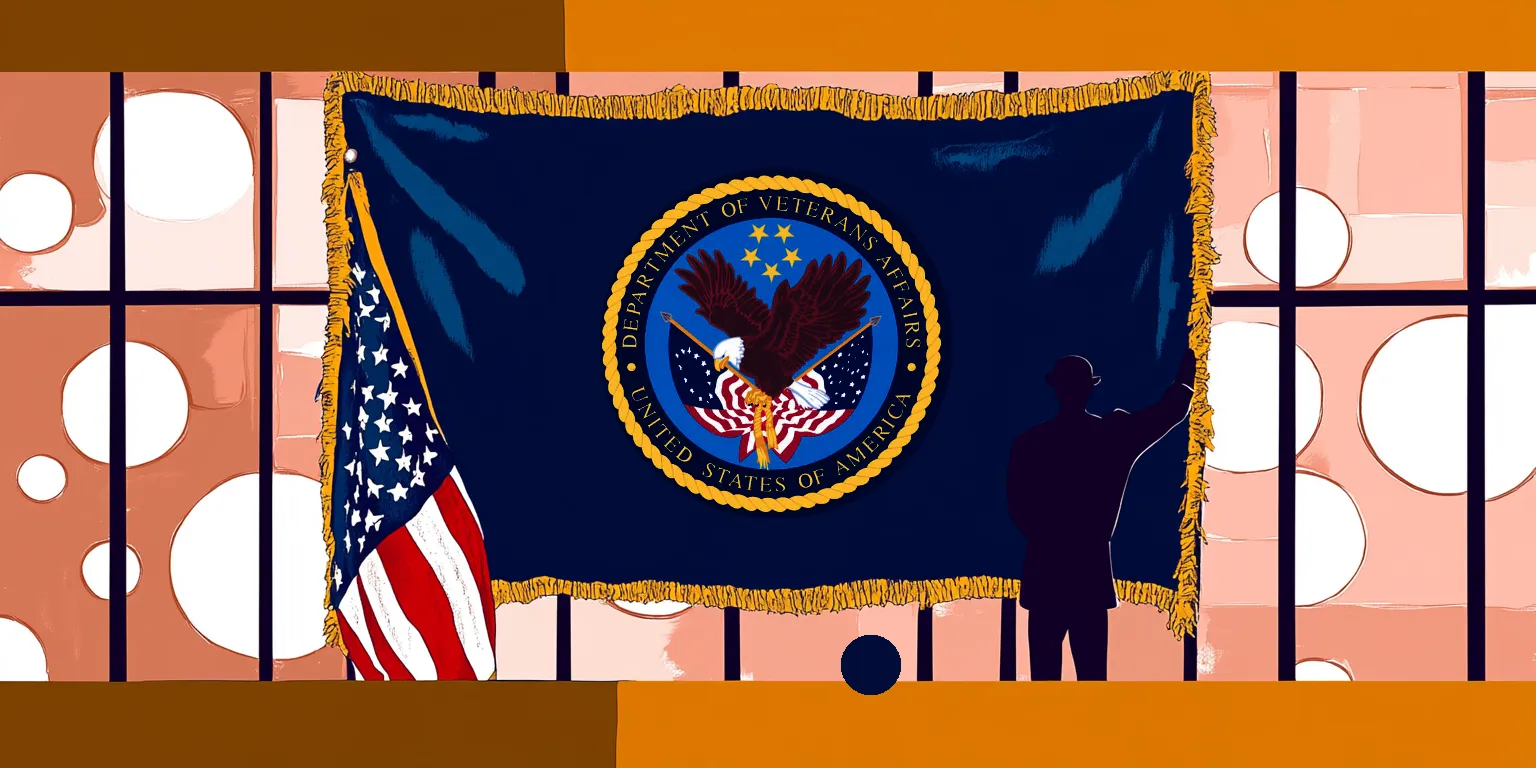In this week’s Psychedelic News Roundup, we take a look at several new studies, including how psychedelics could improve sexual relations and the potential for psilocybin to treat chronic back pain. Also, strong words regarding psychedelic medicine accessibility from Professor David Nutt.
New Research Shows Psychedelics May Improve Sexual Function and Satisfaction

Research from Imperial College London’s Centre for Psychedelic Research reveals that psychoactive substances like magic mushrooms, LSD, and others may enhance sexual function for up to six months following a psychedelic experience. This study, the first to scientifically explore the impact of psychedelics on sexual wellness, collected data from nearly 300 individuals before and after their psychedelic experiences. This included both recreational users and participants in a clinical trial assessing psilocybin for depression.
The findings indicate overall improvements in various aspects of sexual function, such as enjoyment, arousal, satisfaction, attraction to partners, body image, communication, and connection. Particularly noteworthy is the contrast between psilocybin and the antidepressant escitalopram (a common SSRI), where psilocybin users reported enhanced sexual functioning, while escitalopram users generally experienced declines.
The study suggests psychedelics could potentially be useful in therapeutic settings, including couples therapy, and offer a means to avoid the sexual dysfunction often induced by standard antidepressants. However, the research is still in the early stages. It’s also important to note that the data, which rely on self-reported questionnaires and come from a predominantly white, heterosexual, employed, and well-educated participant pool, has limitations.(1)
Keep Up with Uncensored Psychedelic Trends
Join our newsletter at Psychedelics Uncensored.
We respect and protect your privacy. By subscribing your info will be subject to our privacy policy . Unsubscribe easily at any time
Police Seizures of Magic Mushrooms Skyrocket, Increasing by 369%

A study led by the NYU Grossman School of Medicine and published in the journal Drug and Alcohol Dependence has revealed a significant increase in police seizures of psilocybin, the psychoactive compound found in psychedelic mushrooms, across the United States. Between 2017 and 2022, the number of psilocybin confiscations rose by 369%, from 402 to 1,393 incidents, while the amount of seized drugs nearly quadrupled from 226 kilograms to 844 kilograms. This surge suggests a growing popularity and availability of psilocybin.
Psilocybin, which has mind-altering effects similar to LSD and mescaline, has been the subject of increased media attention due to its potential therapeutic benefits in treating conditions such as alcohol use disorder, PTSD, and major depression in cancer patients (when studied in controlled clinical settings). Despite its classification as a controlled substance under federal law, several American cities have begun to relax restrictions on psilocybin. However, the drug’s rising recreational use and its implications remain largely unexplored.
The study, which is considered the first of its kind to examine U.S. trends in psilocybin seizures, utilized data from the High Intensity Drug Trafficking Areas (HIDTA) program. This program, established by Congress, collects data on drug seizures made by federal, state, and local law enforcement across all 50 states and the District of Columbia. The analysis covered 4,526 psilocybin seizure reports from January 2017 through December 2022, revealing that the Midwest accounted for the highest number of seizures (36%), followed by the West (33%). The West also contributed the largest proportion (43%) of the overall weight of seized psilocybin, possibly due to favorable environmental conditions for growing the mushrooms.(2)
UVA Researchers Explore Psychedelics as a Treatment for Chronic Back Pain

Scientists at the University of Virginia are exploring the potential of psilocybin, a compound found in “magic mushrooms,” to alleviate chronic lower back pain. This condition is becoming increasingly prevalent, especially as the population ages and remains active longer. Despite psilocybin’s classification as Schedule I by the U.S. Drug Enforcement Agency, meaning it is deemed to have a high potential for abuse and no accepted medical use, recent studies suggest it may effectively treat depression, which often accompanies chronic pain.
The research, a collaborative effort with Johns Hopkins University’s Center for Psychedelic and Consciousness Research, seeks to understand if psilocybin can target the emotional components of pain by addressing the central nervous system’s role. Chronic pain is challenging to treat, partly because it can persist even when no clear physical cause is visible on MRIs. The study theorizes that the central nervous system may become sensitized, with neurons firing long after an initial injury, meaning that the neurons remain active for long periods, which can lead to chronic pain.
Scheduled to begin in February, the study will involve two groups of 20 patients each, one receiving psilocybin and the other a placebo, to comprehensively evaluate the effectiveness and safety. Patrick Finan, the co-principal investigator and Harold Carron Professor of Anesthesiology at UVA, emphasizes the importance of conducting such treatment under licensed medical supervision to avoid potential risks associated with unsupervised psilocybin use.(3)
Keep Up with Psychedelic Trends
Get uncensored psychedelic news, events, and updates. Join Psychedelics Uncensored!
We respect and protect your privacy. By subscribing your info will be subject to our privacy policy . Unsubscribe easily at any time
Dr. David Nutt Sounds Alarm Over Lack of Access to Psychedelic Medicine

In an interview published by The Standard, Professor David Nutt, a leading figure in the field of neuropsychopharmacology (the study of neurology and pharmacology) and a proponent of psychedelic-assisted mental healthcare, has been vocal about the potential benefits of psychedelics such as LSD, MDMA, and psilocybin in treating mental health disorders. Having been dismissed from his government advisory role in 2009 for his controversial views on drug safety, Nutt has since become a prominent advocate for the legalization and clinical use of psychedelics. He argues that psychedelics, when used alongside therapy, can offer significant advancements in treating conditions like depression, PTSD, and addiction.
“I was sacked by the Government for telling the truth about these drugs,” says Dr. Nutt during an interview with The Standard. “Of course the world went mad, because no one was allowed to say that. Everyone had been taught to say that LSD was a very dangerous drug and blah, blah, blah — bollocks!”
Despite the growing body of research supporting the therapeutic benefits of psychedelics, the political will to reschedule these substances for easier research access in the UK is lacking. Nutt believes that a change in drug policy, particularly the rescheduling of psychedelics, is crucial for advancing research and therapy. He suggests that public opinion is more open to drug reform, but political parties remain hesitant due to long-standing stances on drug policy.
“Privately, I think a lot of politicians do want to reschedule,” says Nutt. “And I think the majority of the public are in favor of some kind of opening up of the schedule to allow for compassionate use and for research. The problem is that the two major parties have for decades — since before my sacking — positioned themselves as being harder on drugs than the other. So there is this Mexican standoff. Neither wants to budge.” Said, Professor David Nutt in the Standard’s article, entitled: “Denying Access to Psychedelics is Like Denying Access to the Covid vaccine.”
Nutt emphasizes the need for continued advocacy and research to overcome regulatory barriers and improve access to psychedelic therapies. He is optimistic about the future of psychedelic medicine and its potential to revolutionize mental healthcare, comparing the denial of access to psychedelics to denying access to vital medical treatments like the COVID-19 vaccine.(4)
Colorado-based Non-profit Launches New Psychedelic Hotline

Unlimited Sciences, a Colorado-based psychedelic research nonprofit, has unveiled a groundbreaking initiative with the launch of the Psychedelic Info Line. This first-of-its-kind service is dedicated to providing evidence-based education and resources for individuals curious about the therapeutic and personal growth potentials of psychedelics.
“We know psychedelics can be safe and deeply meaningful when those seeking to use them are well-informed and approach them with care. Providing a compassionate source of knowledge for people exploring psychedelics for healing and personal growth is our mission,” said Lynn Marie Morski, MD, JD, Director of Education at Unlimited Sciences, via Businesswire. By leveraging a comprehensive library of peer-reviewed studies, including data from the world’s largest naturalistic psilocybin study conducted by Unlimited Sciences, the Info Line aims to enhance safety and outcomes for psychedelic explorers.
The Psychedelic Info Line sets itself apart by offering personalized, one-on-one education based on an extensive research library, making it a unique resource in the psychedelic community. In the company’s press release announcing the new hotline, Matthew X. Lowe, Ph.D., Executive Director at Unlimited Sciences, emphasized the significance of this service, stating, “The Psychedelic Info Line represents the culmination of years of high-impact research and dedication to advancing our understanding of psychedelics.” This initiative underscores Unlimited Sciences’ commitment to empowering individuals with the knowledge to make informed decisions regarding psychedelic use, emphasizing safety and responsibility.
The Psychedelic Info Line provides callers access to exclusive educational materials, including detailed guides, FAQs, and a vast open-access research library. While the service refrains from offering medical advice or promoting psychedelic use, it fosters a supportive environment for callers to feel equipped in their healing and self-discovery journeys. Available from Monday to Thursday, 8:00 AM to 5:00 PM MST, the Psychedelic Info Line is a testament to Unlimited Sciences’ dedication to fostering informed and responsible psychedelic exploration.(5)
This week’s Psychedelic News Roundup highlights the burgeoning field of psychedelic research and its potential to revolutionize mental healthcare. Stories such as an uptick in psilocybin seizures and the promising applications of psychedelics in treating chronic back pain and enhancing sexual function highlight the rapidly changing landscape of psychedelic science and the challenges and promises of this new field of medicine.
Sources

1. Psychedelic experiences linked with improved sexual function | Imperial News | Imperial College London. (2024, February 7). Imperial News. https://www.imperial.ac.uk/news/251313/psychedelic-experiences-linked-with-improved-sexual/
2. Palamar, J. J., Fitzgerald, N. D., Carr, T. H., Rutherford, C., Keyes, K. M., & Cottler, L. B. (2024). National and regional trends in seizures of shrooms (psilocybin) in the United States, 2017–2022. Drug and Alcohol Dependence, 111086. https://doi.org/10.1016/j.drugalcdep.2024.111086
3. Chronic Lower Back Pain Is Real. Can a Psychedelic Drug Come to Your Rescue? (2024, January 18). News.virginia.edu. https://news.virginia.edu/content/chronic-lower-back-pain-real-can-psychedelic-drug-come-your-rescue
4. Jones, A. (2024, February 7). David Nutt: “denying access to psychedelics is like denying access to Covid vaccine.” Evening Standard. https://www.standard.co.uk/lifestyle/wellness/david-nutt-psychedelic-mental-healthcare-lsd-mdma-ptsd-drug-development-b1137630.html
5. Research Nonprofit Launches World’s First Info Line for Psychedelic Education. (2024, February 6). Www.businesswire.com. https://www.businesswire.com/news/home/20240206000078/en/Research-Nonprofit-Launches-World%E2%80%99s-First-Info-Line-for-Psychedelic-Education
This material is not intended as a replacement or substitute for any legal or medical advice. Always consult a medical professional about your health needs. Psychedelics are widely illegal in the United States, and readers should always be informed about local, state, and federal regulations regarding psychedelics or other drugs.

 David Connell
David Connell





 Ross Dillon
Ross Dillon 
